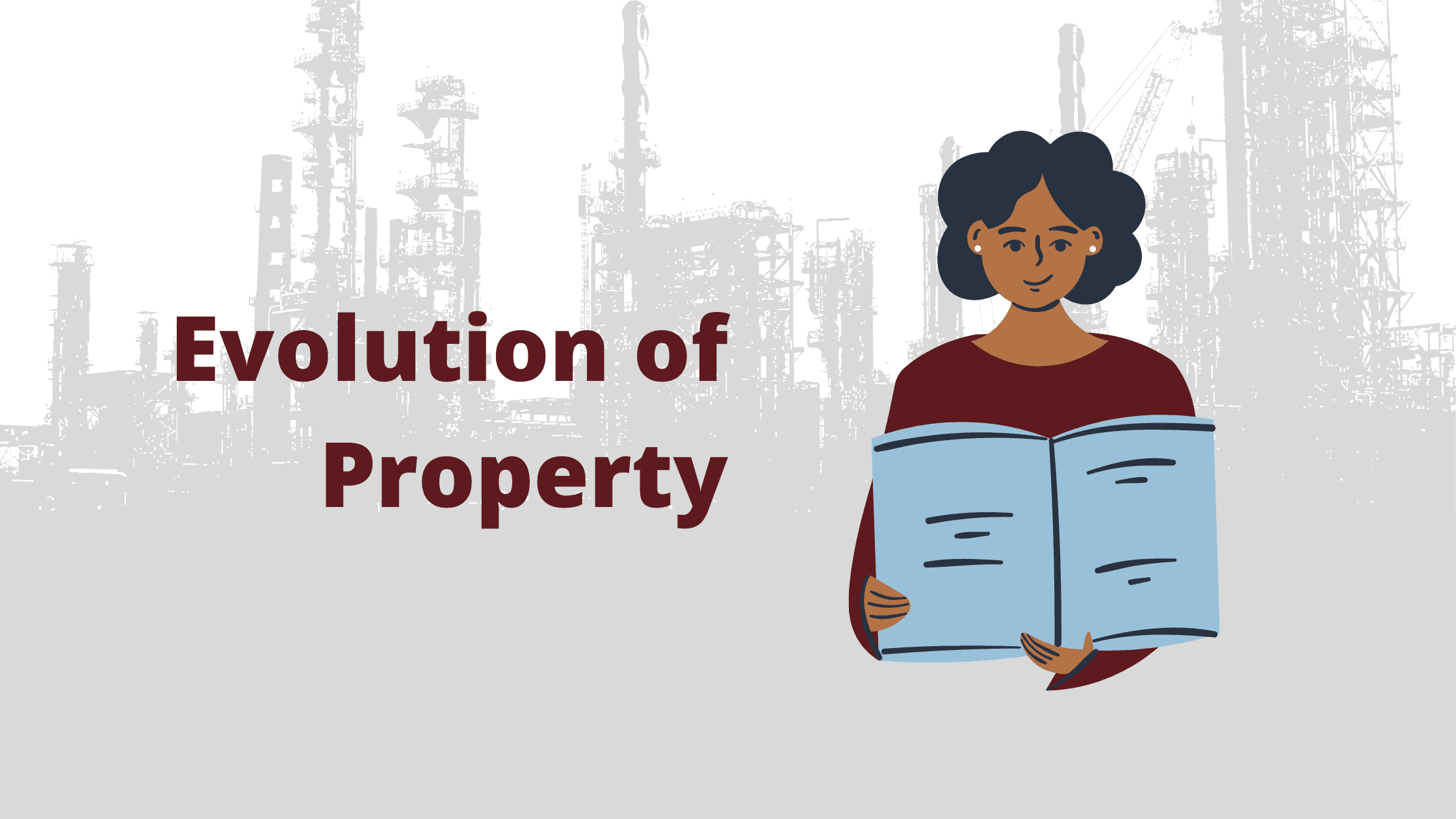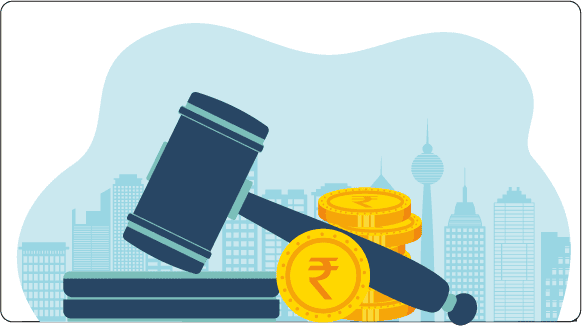A Brief History of Concept of Property

I own a house. It is my ancestral home. I have several sweet memories there. I don’t want to part away with them… If someone says that he/she has a house, it means that he/she has some rights on that house. It is his/her own property, no matter whether it is bought, inherited, or gifted.
What is important here is that the person POSSESSES that house. It is his/her property.
Property may be defined as the physical or virtual entity owned by an individual or jointly by a group of people or a legal entity like a corporation or even a society. Based on the nature of property, a property owner has a few rights like to devour, sell, adjust, share, lease, contract, move, trade or annihilate the property.
The owner has also the right to exclude others from doing the aforementioned things with his property. For instance, if I say, “I have the right to sit in the chair.” Or “Do not enter now.”
Here there is a sense of command, a sense of authority in the voice of the speaker. Thus, with property comes certain specific rights possessed by the owner.
It is very much evident that human life is intimately related to property. In our daily life, property has implications in a number of forms like economic, social, political, religious, legal, etc. It is the legal area that constitutes the idea of possession.
There are mainly four broad categories of property, that is, private property, public property, collective property, and intellectual property.
The development and evolution of the concept of property is observed to be intimately related with the scarcity of resources. The prime purpose of property is to solve the problem of scarcity in various form.
For instance, in the society of hunting-gathering people hardly considered land to be a property. Why?
Simply because there was no shortage of land. At that time only the things collected by them through hunting or gathering were considered to be worthy enough to be called as ‘property’, mainly in the form of collective property.
There were various types of products collected by various groups through hunting and gathering; the shortage and surplus of those products helped them initiate trade between various groups. That form of trade made people realise the importance of property; thus, people started concentrating on the production of property!
However, as the population increased, it also created shortage of property. People were forced to overproduce what they called as property. Various groups of people gradually demarcated their territory for hunting and gathering and in later stage they got settled in one place for the purpose of agriculture and high production.
Then came into existence the concept of agrarian society where people considered agrarian land to be a property.
The property initially was developed as a form of collective property. Nevertheless, with the progress of time, the concept of private or personal property was developed.
In the words of Henry Maine, “Private property was chiefly formed by the gradual disentanglement of the separate rights of individual from the blended rights of the community” (Charan Bhagwati Dan, Definition & concept of property).
In the primitive period, property did not belong to any particular individual as a private property, not even single families, rather at that time larger societies worked on patriarchal mode. The men hunted in groups, the women took care of the children and gathered fruits, etc.
Later on, with the disintegration of family, individual rights came into being. Therefore, the earliest form of property was owned by a group; the conception of individual property came into the scenario much later.
The modern concept of the origin and right of property is to be traced back to the origin of law and state. The origin of property is largely associated with the origin of society. There is a relation between labour and property because labour is the prime foundation of property. Based on the labour of individual or group the property came into existence.
Therefore, the person or the group has a moral right to the property that has been developed by their own labour. However, the case is not so in reality. We can bring in the concept of exploitation by Karl Marx and his followers.
According to Marxist philosophy, there are two classes in the society; one is the exploitative group (generally termed as capitalists) and the other is the exploited/working class group (the proletariats).
The latter forms the base of the society on which the superstructure is built. However, as the capitalist group continuously exploits the working-class group, the society is gradually divided into ‘haves’ and ‘have-nots’.
Then comes a time when the proletariats overthrow the capitalists. Needless to say, these very proletariats gradually become exploitative, and the same circle continues. The property is, thus, at the hand(s) one person or group to use it exclusively and exclude the other individual or groups from using it.
The concept of intellectual property emerged very recent and it refers to the incorporeal concepts like ideas, knowledge, spiritual development, good relationship, mental satisfaction and the like. It completely depends on the perspective of an individual whether he/she will consider something to be an intellectual property or not.
Suppose, a trustworthy friend can be a possession for you, for others it might not be the case. Thus, the concept of intellectual property is radically different from the traditional concept of property that is completely physical.
Thus, we see the various concepts related to ‘property’. Property, as we have seen, can be measured in monetary terms as well as spiritual terms. It is completely up to you how you see it.
I hope that I have been able to give a glimpse of the term property as a whole. If you have queries related to this article or any other concept related to Real Estate, you can send a mail at info@roodland.com.
For more such informative blogs explained in simple language, kindly visit our official website. You will find exciting blogs on several topics related to Real Estate which will solve your confusion as well as enrich your knowledge.

Fire Norms Documented in National Building Code (NBC)
Property is whatever you own, starting from you books, pens, pencils, to your own house or car. It is intimately...
Reasons for the Illegal Construction and What the Government Official Can Do to Avoid Them?
Property is whatever you own, starting from you books, pens, pencils, to your own house or car. It is intimately...
How To Deal With Encroachment On Your Property?
Property is whatever you own, starting from you books, pens, pencils, to your own house or car. It is intimately...
Growth in Real Estate May Be Hampered by Rising Raw Material Costs
Property is whatever you own, starting from you books, pens, pencils, to your own house or car. It is intimately...
Top Ambitious Infrastructure Projects Coming up in Ahmedabad
Property is whatever you own, starting from you books, pens, pencils, to your own house or car. It is intimately...
Quick and Easy Construction Technique Using GFRG Panels
Property is whatever you own, starting from you books, pens, pencils, to your own house or car. It is intimately...
Which City is Best for Settlement After Retirement?
Property is whatever you own, starting from you books, pens, pencils, to your own house or car. It is intimately...

















